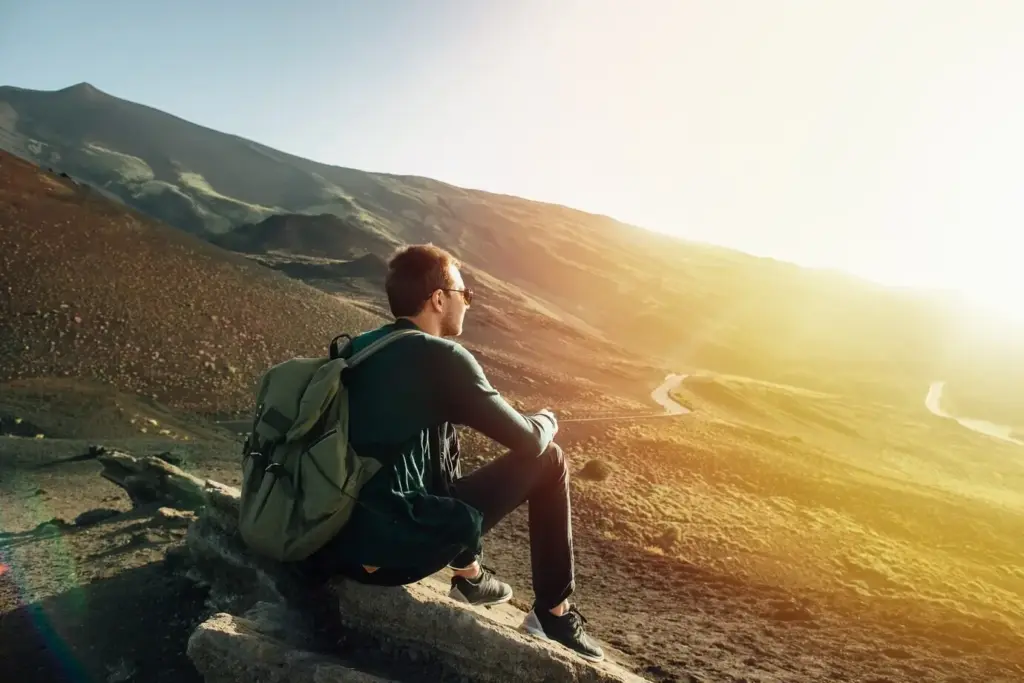Greener Roads, Wider Horizons
Choosing the Right Wheels for Long Distances and Cold Mornings

Routes That Save Fuel Without Skipping Wonder
Travel Light, Leave Less Behind
A Zero‑Waste Snack Kit That Always Wins
An Emergency Kit That Helps You and the Planet
Sleep Green, Rest Better
Eat Closer to the Road You’re On
Prep Once, Waste Less All Week
Cook big batches of grains, roasted vegetables, or stews before departure. Portion into leak‑proof containers, label clearly, and stack efficiently. Use block ice to hold colder temperatures longer, opening the cooler intentionally and swiftly. Plan a rotation: today’s dinner becomes tomorrow’s wraps or salads. Keep a small spice kit and olive oil to resist packaged sauces. Refill water jugs at public stations, cafés, or campgrounds with permission. Track what gets eaten and adjust portions. When you treat prep as a gift to your future self, you cut impulse buys, packaging, and emissions from unscheduled stops, while still eating food you genuinely love.
Find Markets and Ethical Producers
Search local directories and community boards for farmers’ markets and fisheries, and ask hosts about trusted producers. In Atlantic Canada, choose seafood guided by credible sustainability ratings, and request reusable packaging when possible. On the Prairies, watch for honey, pulses, and fresh breads; in Québec and Ontario, cheeses, apples, and cider delight. In British Columbia, berries and roadside stands pop up seasonally. Pay with your questions: How was this grown? Who benefits? Can I return containers? Your purchases build resilient local food systems while slashing transport emissions and creating delicious road memories worth recommending to fellow travelers afterward.
Measure, Reduce, Then Responsibly Offset
Steward the Places That Welcome You



